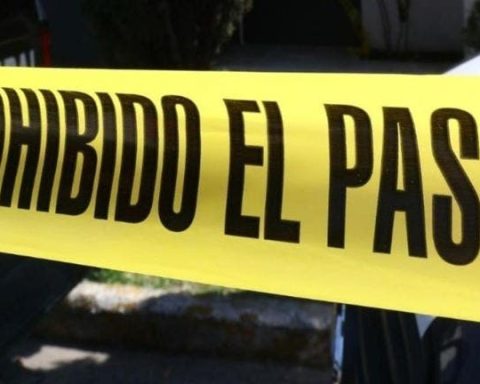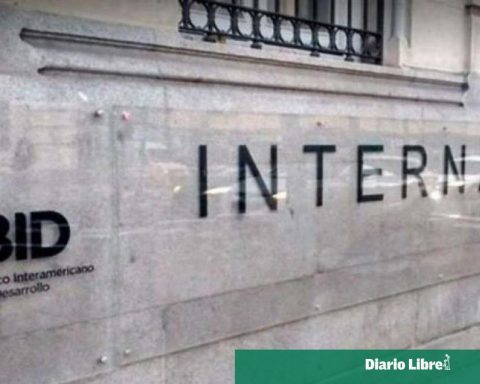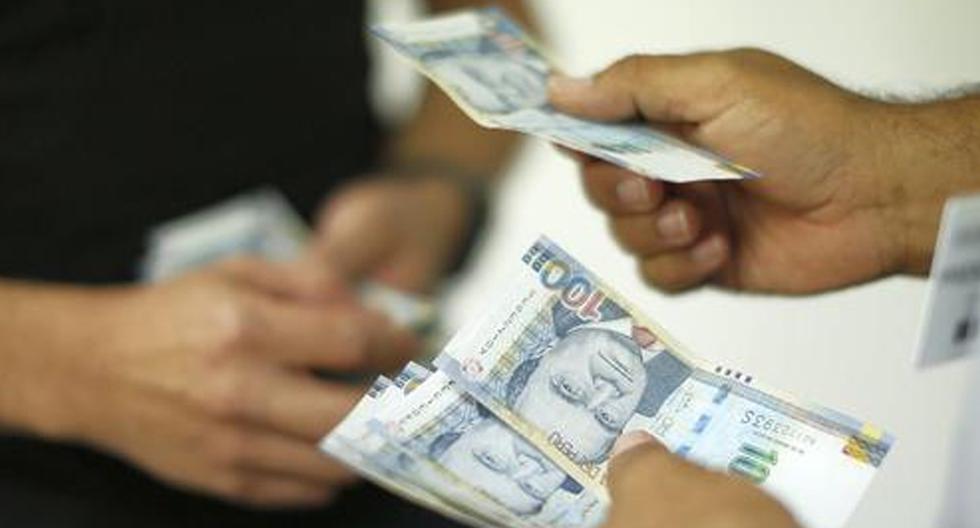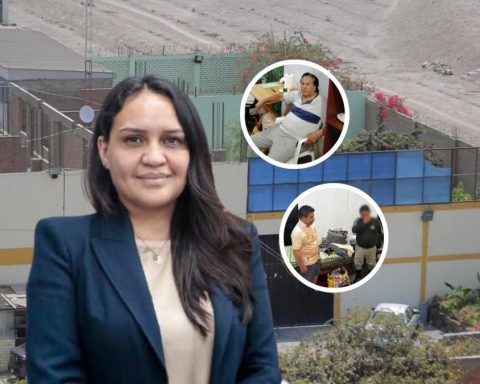The Schools of Business and Economics of the Pontifical Catholic University Mother and Teacher (PUCMM), held the discussion “Ponzi Schemes: An analysis from the academy”, in which three economics experts explained how to recognize a pyramid or Ponzi scheme.
The panel It was made up of the economist and mathematician, Jaime Aristy Escuder; the mayor of the Stock Market of the Dominican Republic, Juan Ernesto Jiménez and the economist José Luis De Ramón.
Aristy Escuder said that to identify a Ponzi scheme, the first thing to take into account is the interest rate or return, that is, what is being promised.
Aristy Escuder warned that when people are promised an extraordinarily high interest rate in relation to what the marketyou should start to suspect.
Read more: Butter and Central Bank Certificate, are they the same?
“If they tell you that they are going to give you 25% monthly, when you know that the rate of return of a financial instrument in the Dominican Republic is 14%, you already know that there is a situation,” explained Aristy.
He said that, in addition, the entry of new deposits must be taken into account, that is, “the part where I am going to give you resources, but you have to find other people for me.”
He stated that the probability or percentage of people who are going to extract resources from the fund before it collapses will also be calculated, “that is what some were saying: ‘I know it is going to collapse, but I already took my money’”.
He stressed that there are people who do not care about introducing more people, as long as they take advantage.

The Butter Case
The expert referred to the Butter case, referring to the business that Wilkin García Peguero, alias Butter, set up in Monte Plata, and said that it was an obvious scam, since, for each peso that this man would receive, he would have to deliver at the end of 4,095 pesos. “Imagine that you deliver a million pesos, 4,095 million pesos would have to search.”
“Let’s suppose that this is the case of the proposal that he (Butter) had for business, where every 12 days he doubled the money. If so, 360 out of 12: That means that every year, he doubles the money 30 times in that period, that is, for each peso he would have to find 1,073 million pesos, “explained Aristy.
Aristy recalled that someone gave him 1.8 million and he gave her 3.6 million. “If they give him 1.8 million and they do it for a year and he has to double that every 12 days, in the end it is 1.6 times the size of the US economy and that is impossible,” said the mathematician.
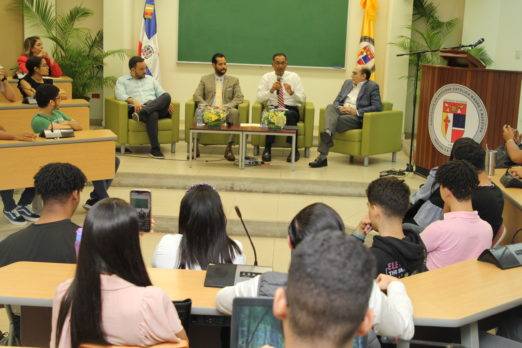
“Mathematics does not lose, mathematics is not wrong, mathematics is exact. The math tells you if someone is pitching you a deal where they promise you a rate of return that is above any rate of return you know of in the economy, it is obviously a scam (Ponzi scheme).”
During his presentation, the mayor of the Stock Market of the Dominican Republic, Juan Ernesto Jiménez, explained that by law the Stock Market must be transparent, and so must the businesses that are dedicated to providing investment and return opportunities.
“If they are giving us an investment opportunity with a magic formula, there is no longer any transparency. If we don’t know what the money is being invested in, there is no longer any transparency,” said Ernesto Jiménez.
The Mayor informed that everything that has operations in the Dominican Republic or investment opportunity in the Stock Market, is under the supervision of the Superintendence of the Stock Market.
Also read: Butter maintains an active factory of ‘Memes’ in networks
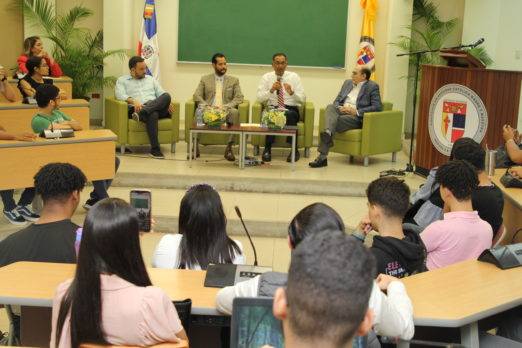
In addition, the specialist highlighted that there is a registry where all the registered entities are seen, with the public offerings, the issues with their research brochure.
“There the issuer says the amount of money to be issued, whether it is a fixed income or a bond, the use of those funds, among other legal information, where there are criminal responsibilities, for having lied or lying before one of the information that is delivered to the regulator (Superintendency of Securities) and which is subsequently published”, he said.
“Sometimes I say that I wish some people would approach us before making the investment, unfortunately, very few arrive after a few months have passed, without being paid the money they were offered,” he said.
At the conference, the economist José Luis de Ramón explained that due to advances in evolutionary psychology and other behavioral sciences, it has been possible to detect that human beings have systematic errors, that is, errors that we will always repeat.
“The reason we make these systematic errors is because the brain consumes more than 20% of the energy that the entire body consumes. The brain has had to find mechanisms to be able to deal with a complex world and make decisions without having to go through very exhaustive processes of thinking, ”he stressed.
He also said that attempts have been made to study this type of behavior that leads people to invest in fraudulent businesses, to incorporate it into economic theories.


